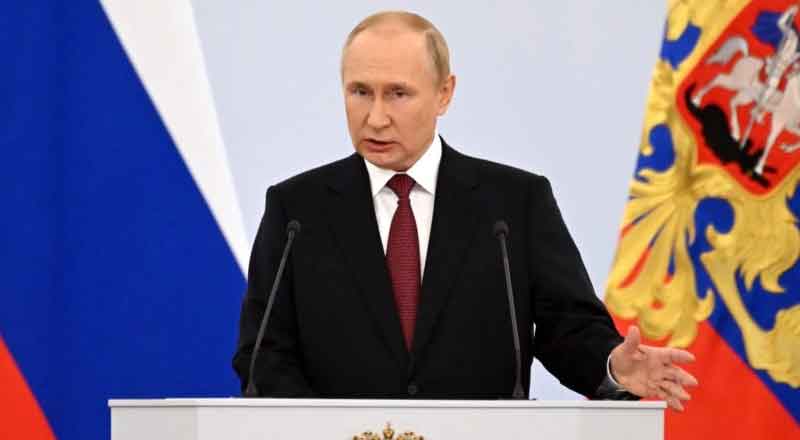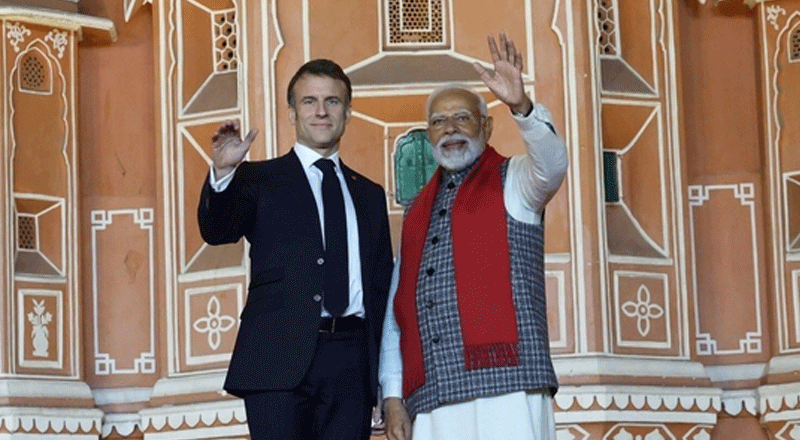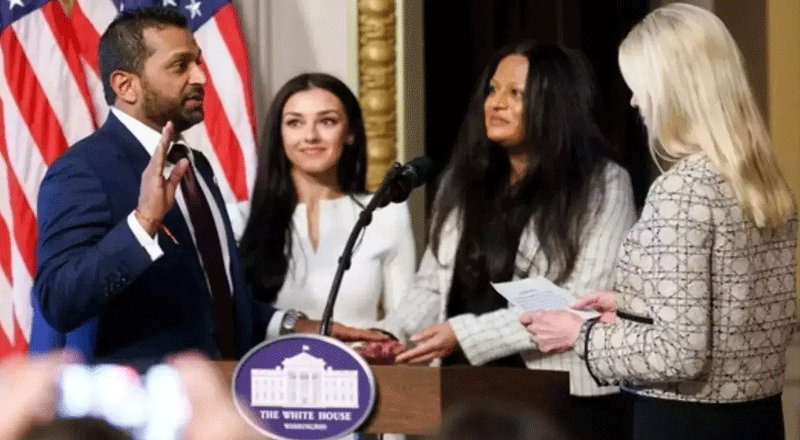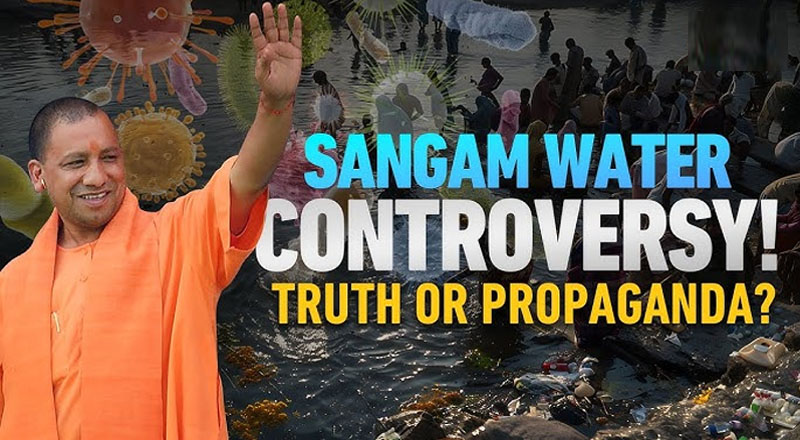- Putin sets out the most detailed conditions so far to end war.
- Offer comes on eve of Swiss peace summit.
- The Ukrainian response was swift and resolute, rejecting Putin’s terms as an ultimatum.
- U.S. Defense Secretary Lloyd Austin, from NATO headquarters, stated that Putin lacks authority to dictate terms to Ukraine amid conflict and global condemnation.
- The Switzerland summit’s outcome could either lead to peace or worsen the conflict in Eastern Europe, impacting global relations and security.
In a provocative move that has intensified the Ukraine-Russia conflict, President Vladimir Putin issued sweeping demands for ending the war, setting conditions that Kyiv swiftly rejected as non-negotiable and tantamount to capitulation.
Putin’s address, delivered just ahead of an international summit in Switzerland where Russia is conspicuously absent, outlined uncompromising terms. These included Ukraine’s complete withdrawal from Donetsk, Luhansk, Kherson, and Zaporizhzhia regions, territories Russia claims as its own following actions in 2022 that were widely condemned as illegal by the international community.
The Ukrainian response was swift and resolute. President Volodymyr Zelenskiy, speaking to Italy’s SkyTG24, characterized Putin’s remarks as an ultimatum aimed at undermining the upcoming peace summit and weakening international support for Ukraine. He emphasized that the majority of the world stands with Ukraine against Russian aggression.
U.S. Defense Secretary Lloyd Austin, speaking from NATO headquarters, echoed these sentiments, asserting that Putin has no authority to dictate terms to Ukraine amid ongoing conflict and international condemnation.
Putin’s demands also included Ukraine renouncing its aspirations to join NATO and the immediate lifting of Western sanctions. In exchange, he pledged an immediate ceasefire and commencement of negotiations.
The current conflict has left nearly a fifth of Ukrainian territory under Russian control, with Ukraine insisting on the restoration of its pre-1991 borders and the complete withdrawal of Russian forces as prerequisites for peace.
The upcoming summit in Switzerland aims to rally international support for Ukraine’s terms to resolve the conflict, focusing on humanitarian aid, food security, and nuclear safety in the region. Despite Russia’s exclusion, the summit represents a critical juncture in diplomatic efforts to mitigate the humanitarian crisis and de-escalate tensions.
Putin’s address underscored Moscow’s growing confidence as Russian forces have made significant territorial gains in recent months. He warned of dire military consequences for Ukraine should it reject the proposed peace plan, placing responsibility on Kyiv and its Western allies for prolonging the conflict.
The conflict is widely viewed as Russia’s imperialistic quest for territorial expansion, a characterization vehemently rejected by Ukraine and its allies. Recent actions by the United States, including sanctions on Russia, a strategic security pact with Ukraine, and financial assistance through G7 nations, have further exacerbated tensions between Moscow and Western capitals.
As diplomatic efforts intensify and the world watches closely, the outcome of the Switzerland summit could either pave the way for a peaceful resolution or exacerbate the conflict in Eastern Europe, with profound implications for international relations and security.
The international community’s response to Putin’s ultimatum will likely shape the trajectory of the conflict, underscoring the urgency of finding a diplomatic solution to end the bloodshed and restore stability to the region.
(With inputs from agencies)





